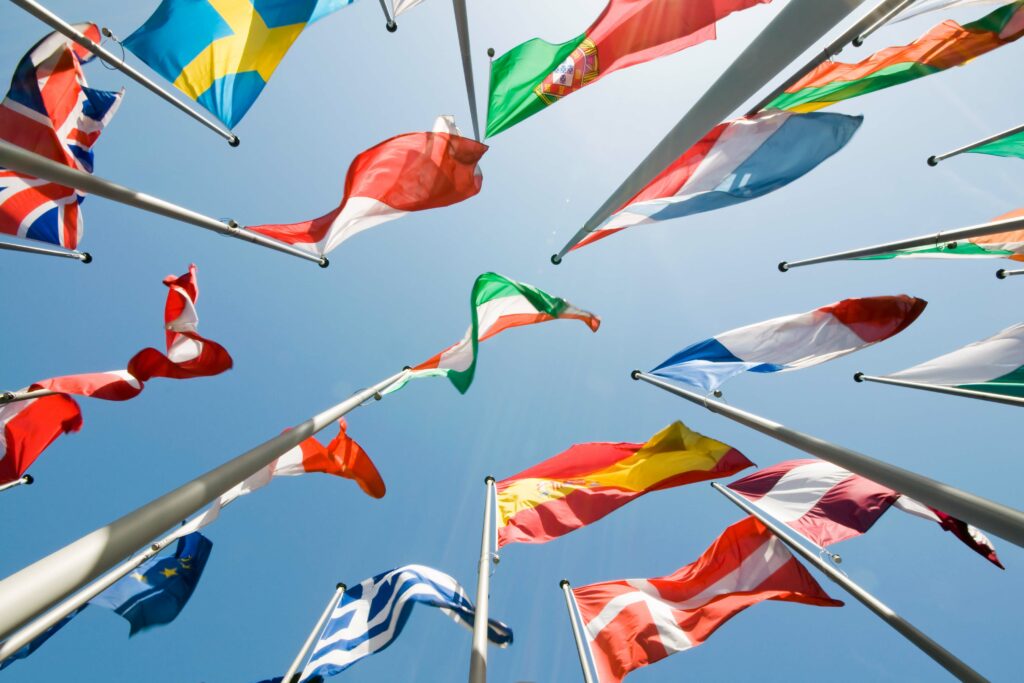- Research
Scope- Translational
Medicine- Transversal Translational Medicine (TTM)
- Translational Medicine Operations Hub (TMOH)
- Clinical Project Management Office (CPMO)
- Clinical and Epidemiological Investigation Center (CIEC)
- Luxembourg Clinical and Translational Research Centre (LCTR)
- Competence Centre for Methodology and Statistics (CCMS)
- Integrated Biobank of Luxembourg (IBBL)
- Disease Modeling & Screening Platform (DMSP)
- Luxgen Genome Center
- Research Pathology Platform (RPP)
- Research Projects & Clinical Trials
- Support Us
- Translational
News
Researcher from the Department of Cancer Research receives EU funding to investigate new cancer immunotherapy approach
12 May 2023
2minutes

The European Commission’s “Marie Sklodowska-Curie Individual Fellowships” programme has awarded Dr Teresa L. Ramos with a fellowship to conduct a two-year research project known as INCEPTOR. The project aims to investigate the mechanisms of tumour escape from immune cells, a major obstacle in cancer immunotherapy.
One of the major challenges in cancer immunotherapy is the ability of tumours to escape immune cell surveillance, thereby preventing the immune system from effectively combating them. One of the main mechanisms used by tumour cells to evade immune control is the downregulation of the major histocompatibility complex class I (MHC-I), which is crucial for the immune recognition of tumour cells. The INCEPTOR project aims to investigate ways to restore the expression of MHC-I using innovative drugs and to assess the efficacy of such drugs to improve the ability of immune cells to kill the tumour.
Under the direction of Dr Bassam Janji, Leader of the Tumour Immunotherapy & Microenvironment Group, and in collaboration with AC Bioscience in Switzerland, Dr Ramos will assess the value of using innovative combinatorial drug approaches to improve the effectiveness of cancer immunotherapy based on immune checkpoint blockades and/or dendritic cell vaccines.
The project will address an unmet clinical need by providing the preclinical proof of concept to design a new generation of ground-breaking combinatorial approaches that could contribute to shaping the next wave of innovation in cancer immunotherapy. These therapeutic strategies will consist in simultaneously boosting a dendritic cell-based vaccine while unleashing the power of T- cells to induce a robust anti-tumour immune response.
concludes Dr Ramos.
The project will begin on April 1, 2024, and end on March 31, 2026.







